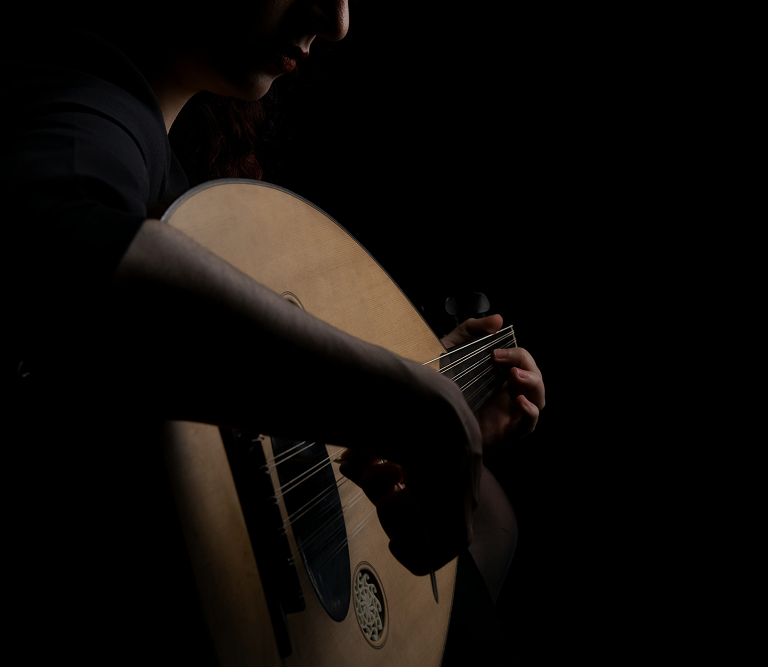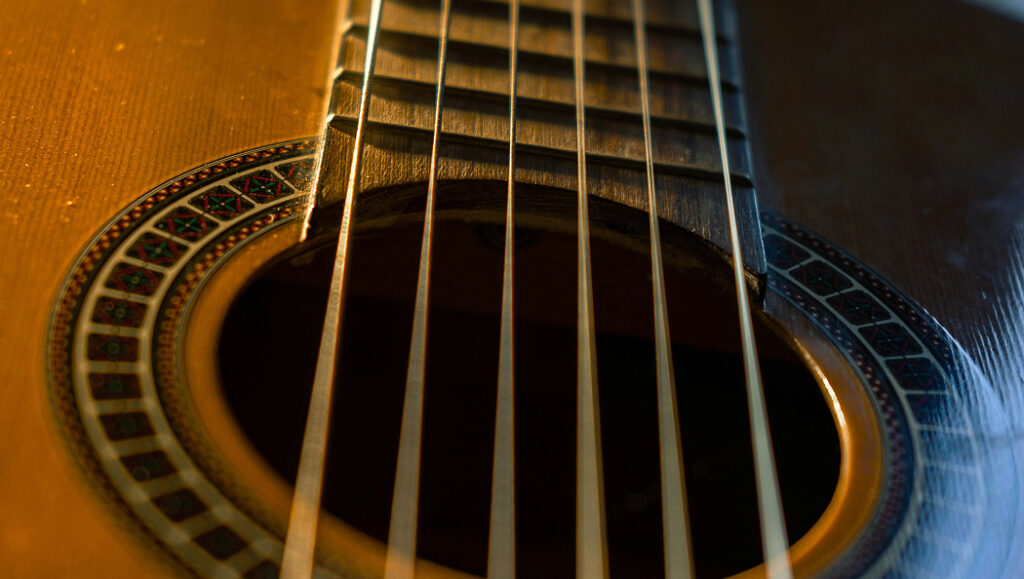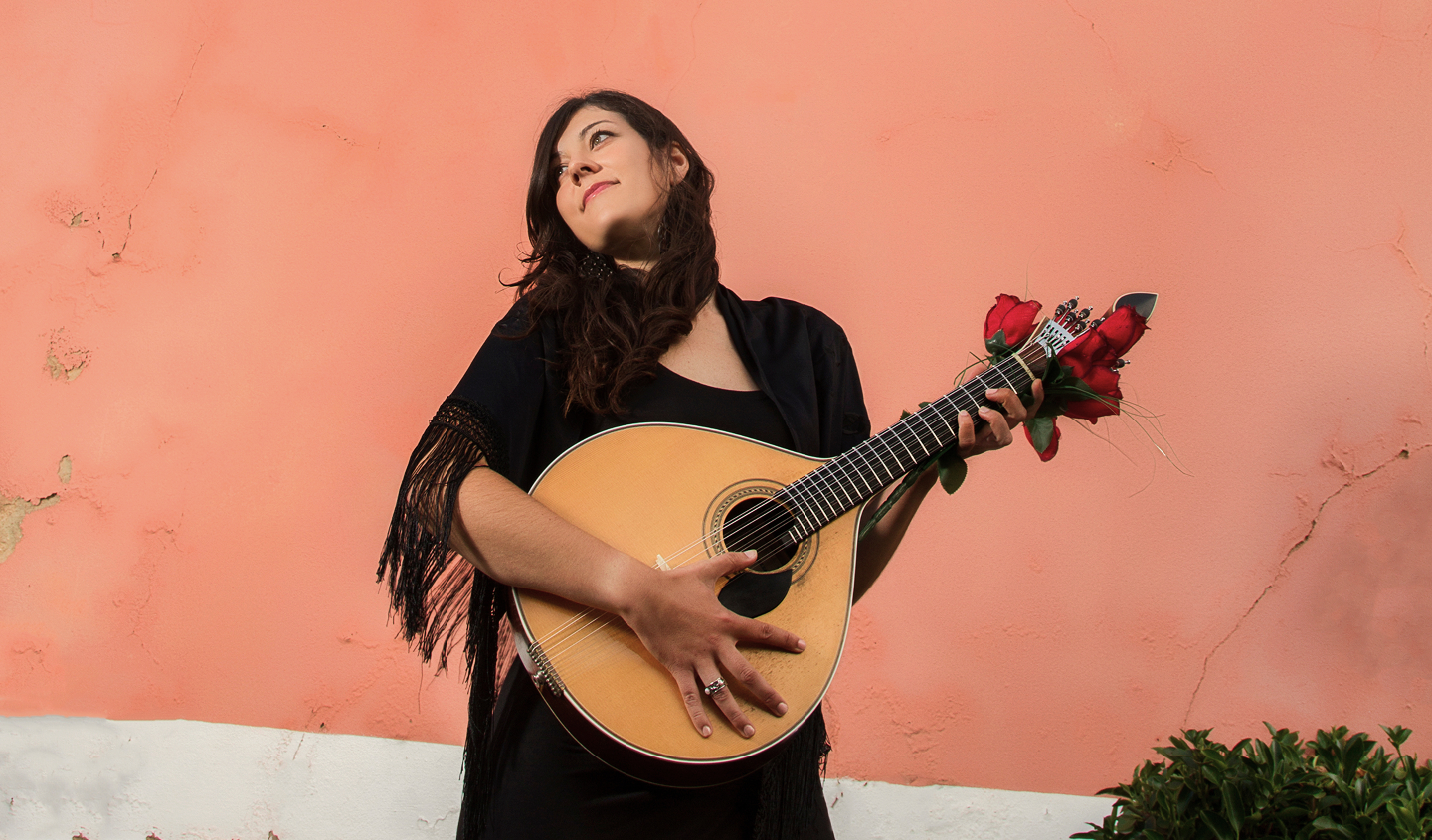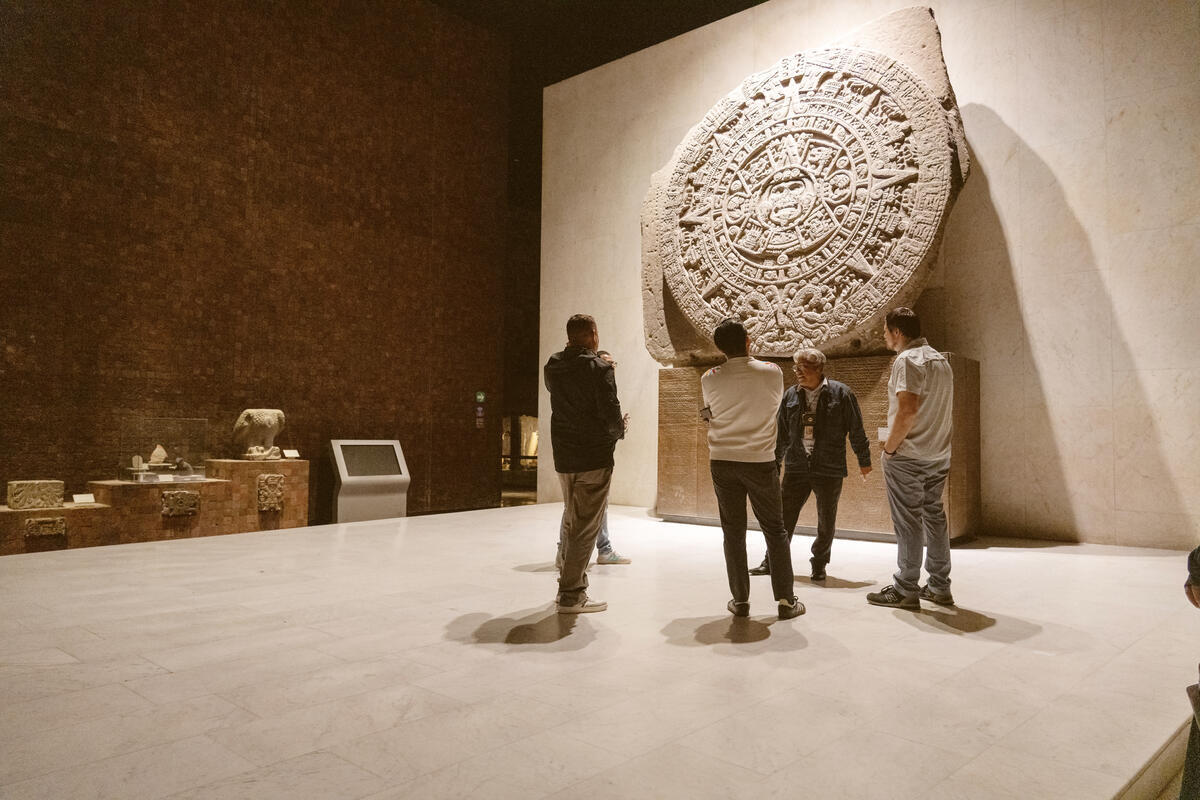Walk the cobbled streets of a Portuguese town at dusk and you may hear it: a guitar’s bright ripple from behind a doorway, followed by a voice that seems to rise from somewhere deeper than the lungs. The air stills. Someone sings not just to fill the room but to press memory into the present moment.
This is Fado. Portugal’s music of longing. Not background noise, not entertainment engineered for applause. It is intimacy given form – music that reminds you how it feels to miss something you can’t name.
A Tradition Rooted in Saudade
At the center of Fado is a single word: saudade. The Portuguese will tell you it has no translation. It is longing and absence, nostalgia and ache – the kind of feeling that lives in both joy and sorrow.
Fado was born in the 19th century in taverns and alleys, sung by sailors leaving for voyages they might not survive, by women whose lives were marked by both love and loss. These weren’t polished performances. They were confessions set to melody.
Even now, when you hear Fado sung in an intimate tavern or café, you hear that same thread – voices carrying stories heavy enough to bend the air, yet lifted into beauty. It isn’t about perfection. It’s about presence.

The Sound That Cuts Through Silence
The song begins not with words but with the guitarra portuguesa, a teardrop-shaped 12-string whose sound is sharp and metallic, like light bouncing off water. Then comes the viola, the steady classical guitar that grounds everything. One voice sings, and suddenly the room holds its breath.
The effect is unlike anything polished in a studio. It is a conversation between instruments, between singer and silence, between performer and listener. Each note lingers just long enough to let you feel it – not rushed, not overdone.
It’s the kind of music that reminds you of old records your parents played when you were young. Songs that carried more than melody. Songs that left space for you to sit, sway, and feel.
Where Fado Lives Today
Though Fado has deep roots in Lisbon and Coimbra, the tradition is not bound to one place. Across Portugal — from Porto’s taverns to the wine towns along the Douro Valley — you can still step into a quiet room and feel the music take hold.
In 2011, UNESCO recognized Fado as part of the Intangible Cultural Heritage of Humanity. Yet it has always been more than a cultural artifact. It’s a living expression, sung nightly in neighborhoods where the music remains part of daily life.
Why It Resonates With Travelers Today
We travel now not to tick boxes but to find moments that stay with us. Fado is one of those moments.
You don’t need to speak Portuguese. The music bypasses language and goes straight to feeling. A single lyric may rise like a tide, and before you understand it, you’re already moved.
For travelers who’ve lived enough to carry both triumphs and scars — the draw is unmistakable. Fado isn’t entertainment for an evening. It’s a mirror. It pulls you into your own memories: of something lost, of something loved and longed for, of something you still hope to find.

Music of Memory, Music of Now
Fado is rooted in history, but it does not sit still. Today’s singers bend the tradition in new directions — Mariza carrying it onto the world stage, young artists blending old melodies with modern rhythms. Each performance holds the past in one hand and the future in the other.
Like travel itself, Fado is never finished. Each night, each voice, each listener makes it new.
Lingering Notes
The best travel moments don’t always come with sweeping views or grand monuments. Sometimes they arrive as a quiet song in a small room, a voice reminding you that to be human is to long, to remember, to feel.
Fado lingers long after the last note fades. You walk back into the night, the echo still inside you — as if the music has rewound something in your own story.
It is more than a performance. It is a pause. A reminder to slow down, listen, and take in what is here, now.
Because in the end, Fado isn’t just Portugal’s music. It is a universal invitation: to surrender to the moment, to let memory and melody meet, and to carry that resonance long after the journey ends .



